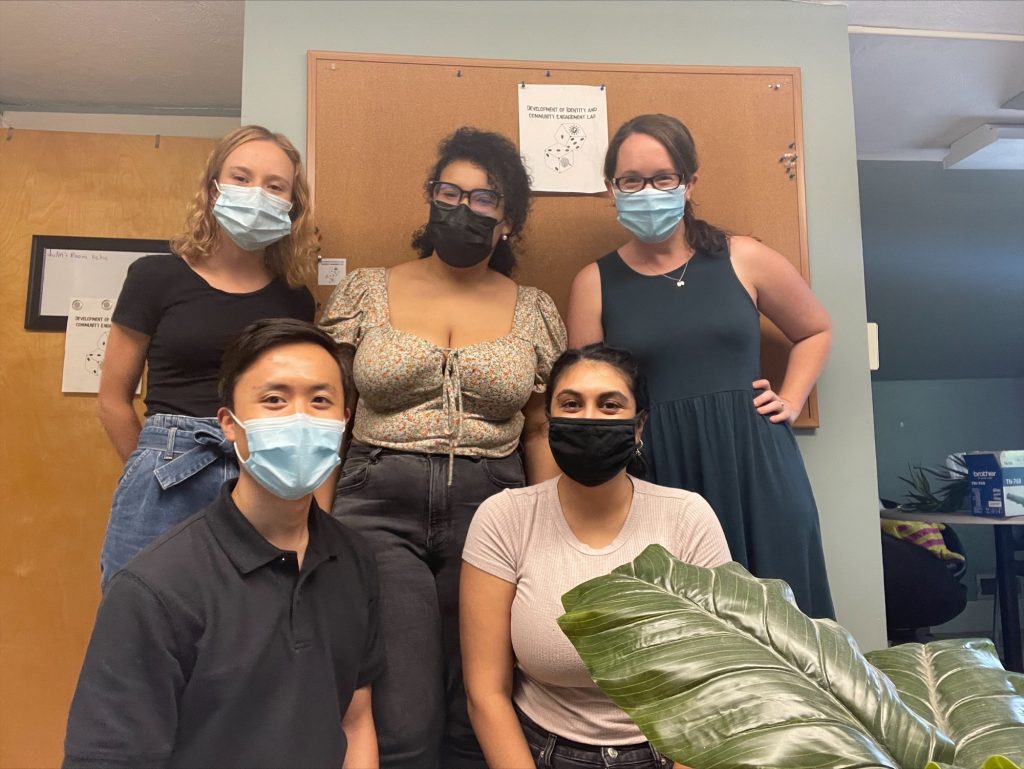Supported by a grant from the Tufts University Faculty Research Fund
 The improvement of civil society depends on young people working to promote social justice, through avenues such as civic engagement (e.g., voting, participating in protests) and career choices (e.g., public service or social entrepreneurship). Some research has shown that such social-justice-focused actions are motivated by young people’s recognition of the systemic nature of oppressive forces in society (e.g., racism, classism, sexism). This type of analysis is called critical reflection (CR) (e.g., Diemer et al., 2017; Seider et al., 2017). To promote CR effectively, it is important to understand how it is related to other social-cognitive processes, such as identity development, that are meaningful for young people (e.g., Johnson et al., 2011).
The improvement of civil society depends on young people working to promote social justice, through avenues such as civic engagement (e.g., voting, participating in protests) and career choices (e.g., public service or social entrepreneurship). Some research has shown that such social-justice-focused actions are motivated by young people’s recognition of the systemic nature of oppressive forces in society (e.g., racism, classism, sexism). This type of analysis is called critical reflection (CR) (e.g., Diemer et al., 2017; Seider et al., 2017). To promote CR effectively, it is important to understand how it is related to other social-cognitive processes, such as identity development, that are meaningful for young people (e.g., Johnson et al., 2011).
For many young people, the process of identity development involves thinking about who they are as individuals (e.g., their role affiliations, values, abilities) and also how they fit into the particular cultural and historical context of the society in which they live. Young people may be contemplating this information so that they can “make assessments about their society and world—about the options that seem possible for people like them but also about the kind of world they want to inherit, to inhabit, and to pass on” (Flanagan, 2013; p. 227). Accordingly, the process of CR may be closely intertwined with the process of identity exploration: young people who incorporate CR into their identity exploration may be more likely to form identity commitments (e.g., career choices or civic engagement habits) that are focused on addressing issues related to social justice. The ACTION project is investigating these connections among a sample of 600 young adults (300 men and 300 women).
